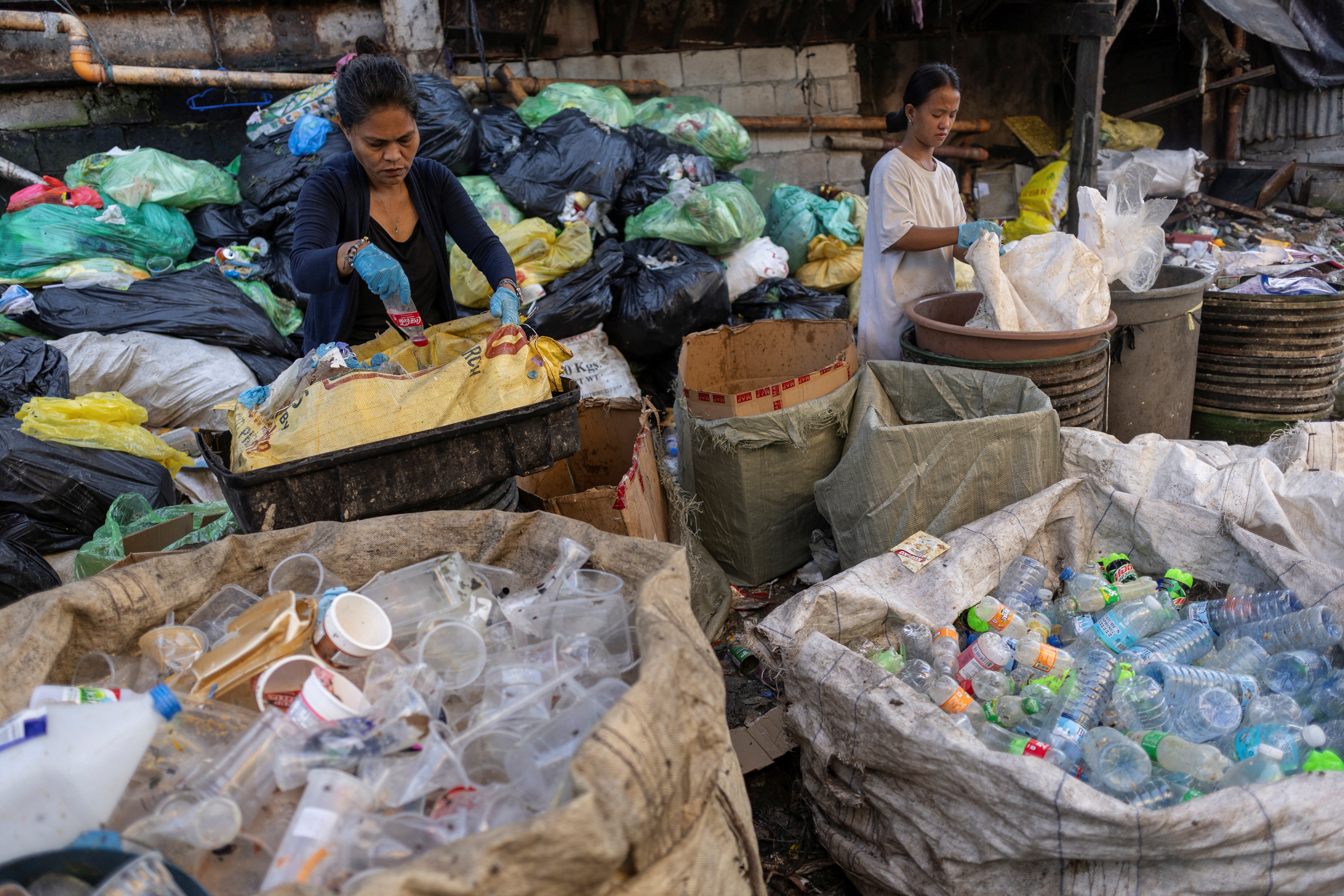How can we create jobs for young people in the Middle East and Africa?

To tackle the many challenges the world faces, from climate change to resource scarcity, we need to employ the energy and talents of our young people. Yet in regions like the Middle East, we are seeing unacceptably high levels of youth unemployment. Almost 30% of the region’s youth are out of work, according to a recent World Economic Forum report, Rethinking Arab Employment.
Undoubtedly there are many causes and it is great to see that this issue will be addressed at the Forum’s meeting in Jordan. Leaders from the region will be able to use their expertise to help find solutions.
One of the subjects also on the agenda is the circular economy. I believe the two can be linked, contributing to some fruitful lines of enquiry. The idea of the circular economy continues to gain ground. There are several reasons why more and more business and political leaders accept that we need to develop smarter ways of making things, replacing the current “take, make and waste” linear model with a regenerative circular one, inspired by nature.
McKinsey & Co, whose research has done much to point the way towards circular economics, recently reaffirmed the importance of managing the earth’s resources more intelligently. The planet can support our needs as the world’s population increases to the mid-century’s 9 billion forecast, but only if we develop large-scale recycling, remanufacturing and reuse systems throughout the world economy. And in this regard, McKinsey says resource productivity must now be a priority. Manufacturers, they say, are “bumping up against the limits of what they can accomplish using a traditional approach”.
A second key point is that the circular economy encourages the use of healthy materials, leading to non-toxic closed-loop systems, and promotes greater usage of renewable energy. If the world’s producers and businesses can move in this direction we will start to deal with the great problem of climate change. This is especially serious for the Middle East and Africa, where agriculture is being seriously impacted by the changes. A recent article on climate change and the Middle East from a World Bank economist noted: “Fast-growing populations, hotter summers, less rainfall, and less run-off from mountains covered in snow, are likely to disrupt agriculture – a sector employing more than 35% of MENA’s workforce.”
The region’s leaders are pushing for change in these areas. Note, for example, the UAE’s 2021 Vision, which includes ambitious targets on air quality, the treatment of waste, the development of renewable energy and water recycling. It recently announced the development of a large solar energy development project the size of 300 football pitches. New solar technology is, some say, going to generate exciting new opportunities in the MENA region, bringing affordable electricity to sub-Saharan Africa, for instance.
Another mega-trend is the rising importance of cities and regions across the world urbanizing at astonishing rates, much of this in emerging economies, bringing with it new commercial opportunities and challenges. Businesses, recognizing the importance of these new cities, are increasingly putting their headquarters there. Indeed, McKinsey estimates that by 2025 half of the world’s largest companies will have their head offices in emerging markets. The same report estimates that urban populations worldwide have been growing at an average of 65 million people annually across the past 30 years – equivalent to adding seven cities the size of Chicago every year. These cities are bustling, bringing new business opportunities for all of us. Most of us won’t even know of them but they will become huge. For example, Tianjin, a city southeast of Beijing is predicted to end up with the same GDP as the whole of Sweden by 2025 ($625 billion).
The circular economy needs new skills to design products in a truly circular way, complete with healthy materials and easy disassembly. It needs all the innovativeness of people in cities across emerging markets to find the best ways to share resources and remanufacture, upcycle and reuse them. Semi-skilled and highly skilled people are needed to support the circular economy and this is where opportunities may be generated for the young unemployed in the Middle East and North Africa. One report estimates that the remanufacturing and recycling industries already account for about 1 million jobs in Europe and the United States. And businesses like Desso, Philips, DSM, Novelis, DLL and Cisco, which have started moving towards the circular economy, have experience and ideas to share on developing the skills for the new economy, which could be of use to industries and governments in the region.
In the Forum report on employment in the Middle East, the challenge is clearly set out: “With more than half of its population under 25 years old and the world’s highest regional youth unemployment rate, the Middle East and North Africa region stands at a critical juncture. This youthful populace can turn into either a ‘youth dividend’ or a ‘youth liability’.” If young people are more focused and involved in meaningful work, they will also be less vulnerable to radicalization. Their creativity and energy is needed for the circular economy to thrive. Hopefully, we can draw the two together.
The World Economic Forum on the Middle East and North Africa 2015 takes place at the Dead Sea, Jordan, from 21-23 May.
Author: Roland Jonkhoff is the Managing Director of Desso and the Vice-President of Carpet (EMEA) at Tarkett
Image: Omar Abu Isheh, 28, a Palestinian garbage collector, gathers shredded recyclable plastic bottles at a dump site in the West Bank village of Kfar Rai, near Jenin February 28, 2012. REUTERS/Ammar Awad
Don't miss any update on this topic
Create a free account and access your personalized content collection with our latest publications and analyses.
License and Republishing
World Economic Forum articles may be republished in accordance with the Creative Commons Attribution-NonCommercial-NoDerivatives 4.0 International Public License, and in accordance with our Terms of Use.
The views expressed in this article are those of the author alone and not the World Economic Forum.
Stay up to date:
Middle East and North Africa
Forum Stories newsletter
Bringing you weekly curated insights and analysis on the global issues that matter.
More on Circular EconomySee all
Felipe Basso
November 13, 2025







